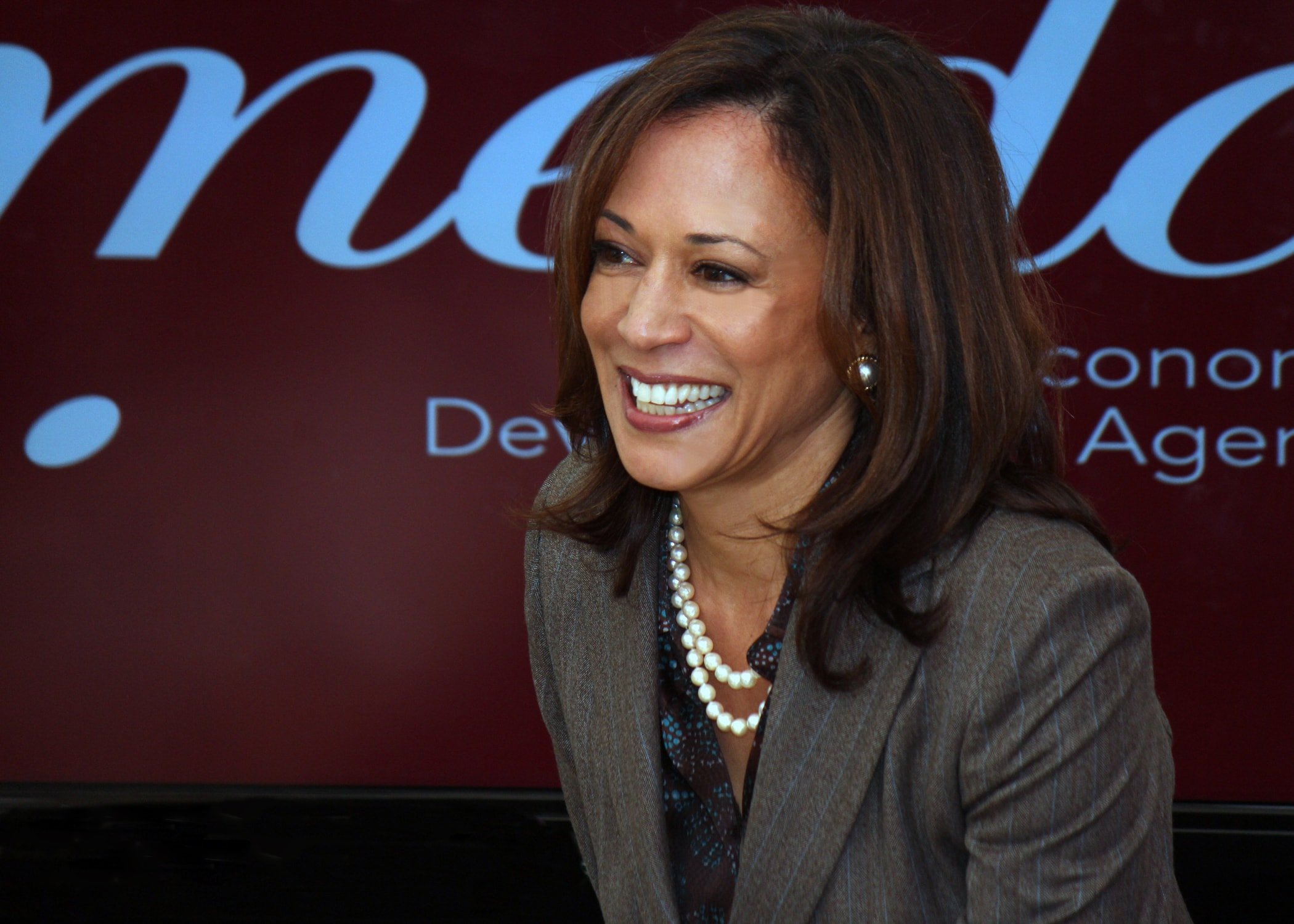January is nearly over, yet Democratic hopefuls Kirsten Gillibrand, Elizabeth Warren, Kamala Harris, Tulsi Gabbard and Julián Castro ’96 are gearing up to run for the 2020 presidential election. Castro — a former Obama Housing and Urban Development Secretary, San Antonio mayor and ASSU Senate member — and Senator Harris have officially announced their candidacy, while Gillibrand, Gabbard and Warren have either declared a presidential exploratory committee or scheduled an official announcement in the coming few weeks.
Further potential announcements are also expected to follow from the likes of former Vice President Joe Biden, Senator Bernie Sanders, Congressman Beto O’Rourke, Senator Amy Klobuchar and Senator Cory Booker ’91 M.A. ’92. As of this article’s publication, Election Day 2020 is 651 days away — and while this may appear to follow a trend of presidential bids coming earlier every election year, data on historical presidential announcement dates show a more complex story.
An especially exhausting 2016 campaign began in mid-March of 2015, when the first major Republican candidate Ted Cruz kicked off his campaign 596 days before Election Day. Hillary Clinton and Donald Trump, upon becoming nominees of the two major parties, both began their general election campaigns with 15 weeks remaining.
Pundits and laymen alike feel that elections are creeping earlier and earlier every election cycle, and the 2020 narrative is no different. But one’s definition of when an election cycle truly starts either challenges or confirms this narrative.
Examining how long before Election Day the earliest major candidate announces their presidential bid reveals a slight downward trend in the earliest major candidate announcement for the past 44 years. For the purposes of this analysis, a major candidate is a non-incumbent presidential candidate that secured any delegates or at least 5 percent of the popular vote in their respective presidential primary.
The numbers form a politically rigid ceiling to how long before Election Day a major presidential candidate can declare: running at around 650 days, especially in recent elections.
However, this ceiling does not imply that it would be unprecedented for currently declared candidates to be major candidates: Mo Udall set the record for a major candidate announcement at 710 days before the 1976 election. A then-unknown Jimmy Carter announced just a few weeks later, going on to win the election.
At the same time, the early set of candidates could just be perennial outliers that do not necessarily dictate when an election cycle begins. A more accurate and robust definition of when a cycle starts may instead be when most major candidates have entered the race. The median days before Election Day that major candidates announce their bid form a relatively sizable upward trend.
The feeling that campaigns are getting longer and more exhausting may not come from how early the first candidate announces their bid. Rather, the perception that the campaign season has fully begun may be correlated to when most candidates have announced, which has been growing the past 10 presidential election cycles. This stronger trend more accurately serves as an explanation for an exasperated outlook on the ever-increasing length of the American presidential election campaign.
However, this trend is not strong enough to predict when most of the major players will announce their candidacy for the upcoming presidential election. Given the inherently limited data provided by four-year election cycles and increasingly unprecedented politicking in the Trump era, forecasting how the wave of 2020 campaign announcements will compare to previous elections becomes difficult.
Regardless, the length of U.S. campaigns stands significantly ahead of fellow large democracies across the world. The last major French, Brazilian and Indian general election campaigns were restricted to about five, 10 and five weeks, respectively. Technically, the United States’ general election campaign starts after party nominees are officially declared, about 10 to 15 weeks prior to Election Day. But primary season can feel just as loud as the general election campaign, especially compared to the much less public primaries in India and Brazil. A country like France can see major candidates announce their presidential bid a similarly long time before Election Day, but unlike in the United States, these announcements are generally regarded as symbolic, since heavy campaign finance regulations restrict spending, including many television advertisements, to five weeks before Election Day.
Whether we like it or not, the 2020 election cycle is either already upon us or looming on the horizon. Though we cannot be sure if any of the declared candidates will turn out to be major candidates, a growing number of presidential exploratory committee announcements point to a long 2020 presidential election cycle.
Contact Dylan Grosz at dgrosz ‘at’ stanford.edu.
